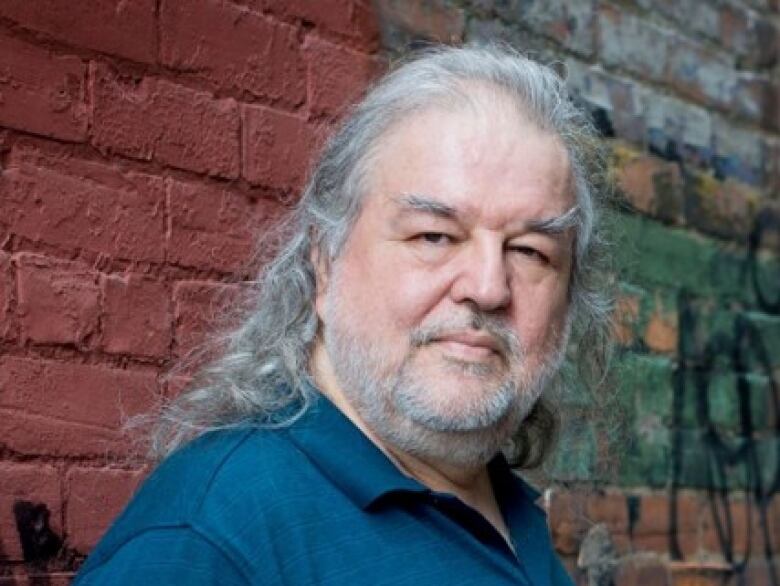These veteran editors say it's perception, not reality, that more errors are being published

Canadian readers may think more errors than ever are making their way into print — misplaced modifiers, erroneous apostrophes, typos or grammatical faux pas — but two veteran Canadian editors say that is not true.
"I don't think there are more errors in most kinds of publishing. If you go back and look at a 30- or 40-year-old newspaper, you'll be surprised at how riddled with errors it is, likewise old books," said Greg Ioannou, who has been a freelance editor for 42 years. "I think it's a perception, rather than a reality. With books, you've got self-published books that haven't been edited that are absolutely full of errors because they haven't gone through the process and come through as amateurish. But that's a different market."

"I don't think editing standards have fallen," said Patti Tasko, who spent most of her career as an editor and reporter with the Canadian Press. "I think the world of editors has gotten a lot more difficult. It is true that there are fewer eyes on pieces now because we all know about the challenges of the newspaper or news publication world."
Both editors told Michael Enright, host of The Sunday Edition, they agree with him that readers (and radio listeners) are quick to pounce if they spot a mistake, but said that in their experience, the complainant often is wrong.
"They think this is how the word is used, but it has another meaning," said Ioannou, "or it's a grammatical construct they're just not familiar with, or the writer is trying to be funny and the person has read it stone seriously."
Tasko says probably the biggest change she has seen in newsrooms is that many editors were laid off and newspapers began to depend instead on the centralized editing and layout services of companies such as Pagemasters, an arm of The Canadian Press that she helped establish. Some of the editors who work there used to be with the papers they now serve, but many are hired straight out of school, from journalism and editing programs. They are editing for more than one platform — print, online and social media — possibly at the same time, and they cannot spend as much time with the story as they might have 25 years ago.
"Mistakes do get through because of that urgency and that speed," Tasko said.
Editors in the book publishing business also have lived through a massive transformation, says Ioannou.
"When I started in 1977, there were about 90 major book publishers in Toronto. There are fewer than ten now," he said. "There are still books that go through the process that they used to get 20 or 30 years ago, with multiple edits and high-profile editors, getting absolutely every detail right. That used to be the standard. Now it's only the real A-list books, the ones that are going to win a Giller or be a bestseller."
Other authors often hire an editor to comb through their manuscript before they even submit it to a publisher.
"The writer knows that it's going to have more of a chance because the editorial costs are going to be low," said Ioannou. "So they're not paying the publisher to publish, but they're already, in advance, picking up a significant cost."
Click 'listen' above to hear the interview.